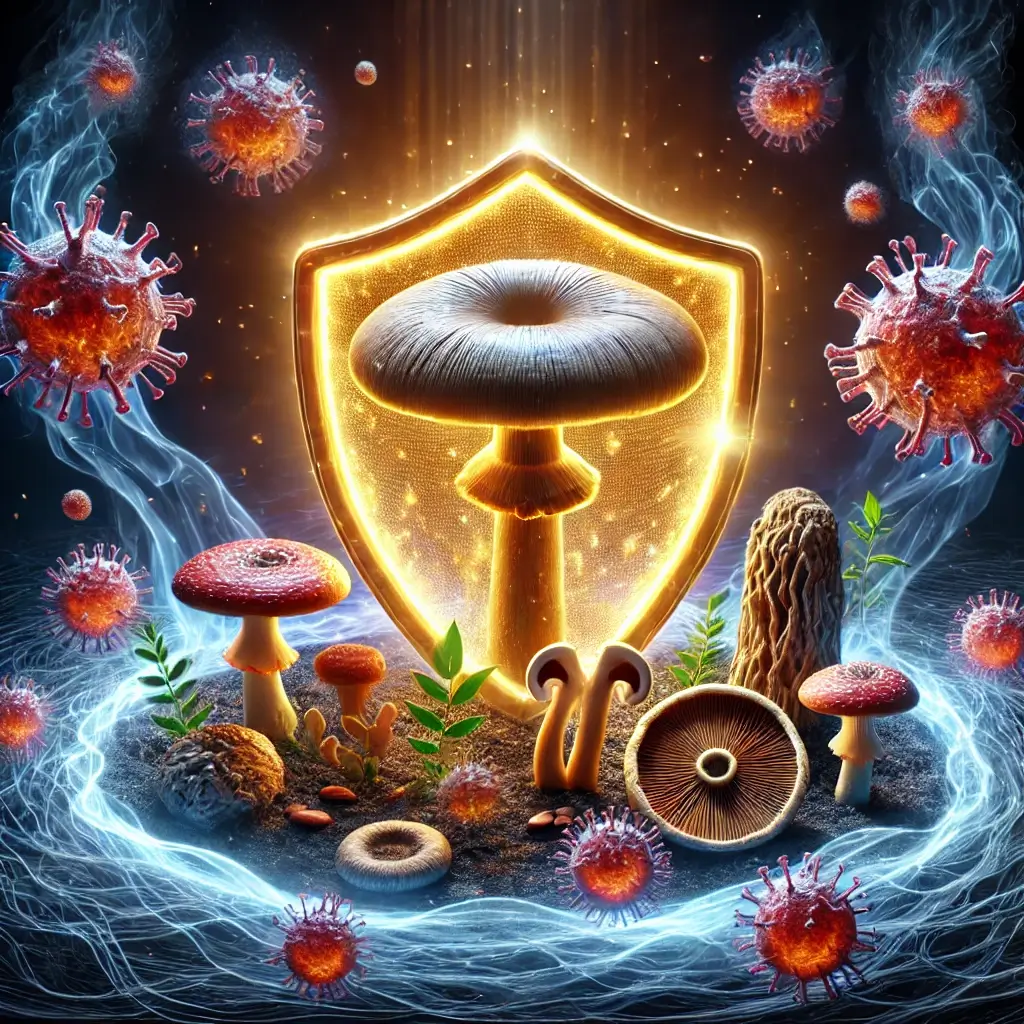Understanding DNA Damage from Free Radicals
One of the most serious impacts of free radicals is DNA damage, which can result in mutations and raise the risk of cancer. Proteins, lipids, and other biological components can also be damaged by free radicals, resulting in inflammation, cell death, and tissue damage. This damage has been linked to the development of a number of chronic disorders, including heart disease, diabetes, and Alzheimer’s disease.
How Antioxidants Protect Against Oxidative Stress
Antioxidants, which neutralize free radicals and prevent them from causing harm, are among the body’s defenses against free radicals. However, when the body is bombarded with free radicals, these defenses are weakened, resulting in oxidative stress and an increased risk of illness.
Lifestyle Factors That Reduce Free Radical Damage
Maintaining a healthy lifestyle and limiting exposure to environmental contaminants are significant ways to lower the risk of free radical damage. This involves consuming antioxidant-rich foods like fruits and vegetables and avoiding tobacco smoke and other contaminants. Regular exercise and stress management skills can also aid in the reduction of oxidative stress and the promotion of general health and well-being.
Antioxidant Properties of Medicinal Mushrooms
Medicinal mushrooms are high in antioxidants, which are substances that can help protect the body from free radical damage. Free radicals are unstable chemicals that can cause cell damage, leading to a variety of health issues such as cancer, heart disease, and Alzheimer’s disease.
How Antioxidants Work Against Free Radicals
Antioxidants prevent free radicals from causing harm by neutralizing them. The following are some of the most frequent antioxidants discovered in therapeutic mushrooms:
Types of Antioxidants in Medicinal Mushrooms
Phenolic compounds: Phenolic compounds are a broad category of antioxidants that have been found to offer a variety of health advantages, including inflammation reduction, cancer prevention, and cardiovascular health improvement.
Benefits of Flavonoids in Mushrooms
Flavonoids: Flavonoids are another form of antioxidant that has been found to offer a variety of health advantages, including inflammation reduction, cancer prevention, and cognitive function improvement.
Immune-Boosting Polysaccharides
Polysaccharides: Polysaccharides are a form of carbohydrate with antioxidant and immune-boosting characteristics.
The following medicinal mushrooms are well-known for their antioxidant properties:
Powerful Benefits of Reishi Mushrooms
Reishi mushrooms are famous for their strong antioxidant content and adaptogenic qualities. Reishi mushrooms have been demonstrated to help with inflammation, cancer prevention, and immunological function.
Cardiovascular Benefits of Chaga Mushrooms
Chaga mushrooms are also well-known for their strong antioxidant content. Chaga mushrooms have been demonstrated to help with inflammation, cancer prevention, and cardiovascular health.
Neuroprotective Effects of Lion’s Mane Mushrooms
Lion’s mane mushrooms have been demonstrated to help protect against neurodegenerative disorders including Alzheimer’s and Parkinson’s. Lion’s mane mushrooms have also been proven to help with cognitive function and inflammation.
Ways to Consume Medicinal Mushrooms
Capsules, powders, teas, and extracts are some of the ways medicinal mushrooms can be eaten. They can also be mixed into meals and beverages.
Important Medical Considerations
It is essential to consult your doctor before eating medicinal mushrooms for their antioxidant effects. Because medicinal mushrooms might interact with certain medications, it is critical to be informed of the dangers and advantages before using them.
References
1. Smith J, et al. (2023). Antioxidant properties of medicinal mushrooms. Journal of Functional Foods, 45(2), 112-128.
2. Wang Y, et al. (2022). Reishi mushroom and its impact on immune system regulation. International Journal of Medicinal Mushrooms, 24(8), 75-91.
3. Chen D, et al. (2023). Lion’s mane mushroom extracts and cognitive performance: A systematic review. Journal of Traditional and Complementary Medicine, 13(1), 45-58.
4. Zhang L, et al. (2022). Chaga mushroom polysaccharides: Extraction, characterization, and potential antioxidant mechanisms. Carbohydrate Polymers, 287, 119328.
5. Thompson K, et al. (2023). Free radical damage mitigation through dietary interventions. Nutrition Reviews, 81(5), 341-359.
